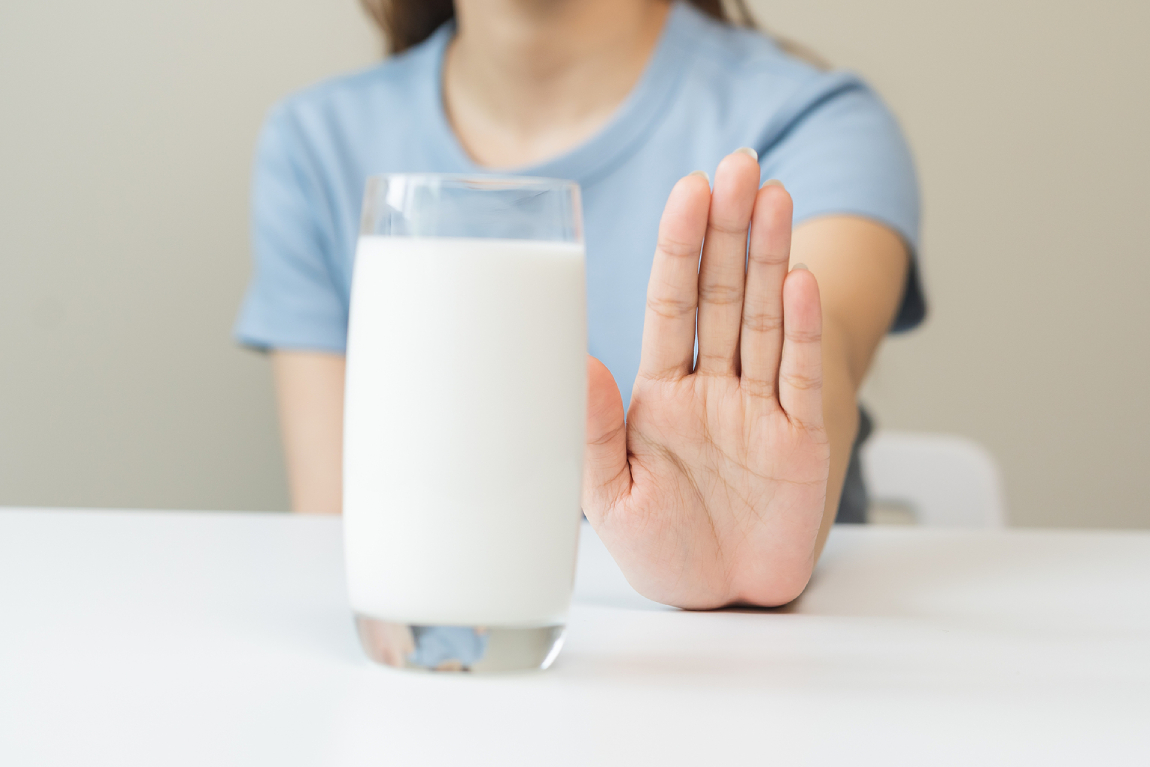
Acne is a common skin concern that can affect anyone, regardless of age. Many people struggle with persistent breakouts and are eager to discover the root causes behind their acne. One hot topic that often comes up is the relationship between dairy consumption and acne. Is milk really making your skin worse? Let’s break down the facts, myths, and what you need to know if you’re considering quitting dairy for clearer skin.
Acne develops when hair follicles become clogged with oil, dead skin cells, and bacteria. This leads to inflammation, pimples, blackheads, and sometimes painful cysts. Hormonal changes, genetics, stress, and diet all play a role in acne’s development.
Excess sebum (oil) production combined with a buildup of dead skin cells creates the perfect environment for Propionibacterium acnes (now called Cutibacterium acnes) bacteria to thrive, triggering inflammation and breakouts.
Because of these complex factors, finding the right acne facial treatment early on can significantly improve your skin’s clarity and reduce long-term scarring.
Several studies have investigated dairy’s impact on acne, and the evidence points to a possible connection, but it’s not definitive for everyone. Dairy products like milk contain hormones such as insulin-like growth factor 1 (IGF-1), which can increase oil production in the skin and encourage the growth of acne-causing bacteria. Additionally, milk’s natural sugars may spike insulin levels, which also exacerbates acne by increasing inflammation.
It’s worth noting that the dairy-acne link appears stronger in some individuals than others. Adolescents and those with hormonal imbalances may be more sensitive to dairy’s effects.
If you suspect dairy is worsening your acne, you might want to examine which types of dairy affect you most. Some people report better tolerance to fermented dairy products like yoghurt and cheese, possibly due to their probiotic content. Meanwhile, skim milk is sometimes linked to more severe acne compared to whole milk, potentially due to the presence of certain bioactive molecules retained during fat removal.
Before cutting out dairy completely, consider keeping a food and skin journal to track how your skin reacts after consuming milk or other dairy products. This can help you identify if there’s a noticeable correlation.
If you decide to eliminate dairy, it’s best to do so gradually and observe the changes over a few weeks, since acne improvements can take time. Replace dairy with alternatives like almond milk, oat milk, or soy milk, but also monitor your reaction to those, as some can contain added sugars or emulsifiers that might irritate sensitive skin.
Diet is just one piece of the acne puzzle. Effective acne facial treatment is essential for managing breakouts and promoting skin healing. A consistent routine that includes gentle cleansing, exfoliation, and professional treatments can help reduce inflammation and unclog pores.
Many advanced acne facial treatments include ingredients that help address different causes of acne, from excess oil to bacterial growth.
If your acne persists or worsens despite over-the-counter treatments and dietary changes, it’s time to consider professional care. Skincare experts can offer a personalised acne facial treatment plan that goes far beyond what you can achieve at home. These in-clinic treatments are tailored to your skin’s specific needs and may include deep-cleansing facials, extractions, enzyme peels, and more.
At Adonis Skincare, our professional acne facial treatments are designed to target the root causes of acne—from excess sebum to clogged pores and inflammation. Using high-quality ingredients and cutting-edge techniques, our treatments not only improve skin clarity but also reduce future breakouts and enhance skin resilience.
While dairy may contribute to acne for some, it’s not the sole cause for everyone. Understanding your skin’s unique responses and combining dietary mindfulness with professional acne facial treatment can significantly improve your skin.
At Adonis Skincare, we specialise in advanced, customised treatments to help you conquer acne and restore your confidence. Book a professional acne facial and take the first step toward clearer, healthier skin today.
Aging is a natural process, but visible changes such as sagging facial skin, loss of firmness, and reduced elasticity can affect how confident we feel about our appearance.…
Vitamin C serum has become a cornerstone of modern skincare, and for good reason. Backed by extensive dermatological research, Vitamin C is known for its ability to brighten…